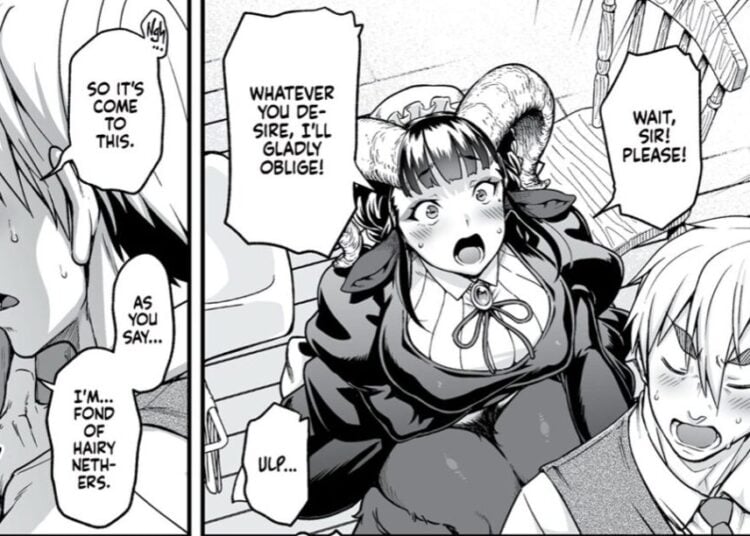I saw in my news feed that the Israeli government was bringing official charges of corruption against Prime Minister Benjamin Netanyahu. While I know nothing about the man or any Israeli laws he might have broken, the article made me reflect on how one might define “good” government as one that’s willing and able to dispassionately prosecute powerful people, even members of the same government, if called for.
South Korea impresses me as a country that does its best to provide good and fair governance based on the law. When a subcontractor of Lionel, the company that makes model trains, accused a South Korean company of stealing its toy train designs, the South Korean courts took acted aggressively, taking the side of the American company over their own citizens, awarding damages and filing criminal complaints. South Korea has also taken action against its past presidents for corruption and other charges, including Park Geun-hye (jailed for selling government access and basically using a fortune teller to run the government) and Lee Myung-bak (jailed for corruption). South Korea jails so many of its former leaders, I’d think twice about running for President of that country, if I were Korean.
Something similar happened in Japan in 2007, when then-Minister of Defense Takemasa Moriya was found to have demanded bribes from contractors to do business with the ministry. The Japanese government took swift action, with prosecutors and police raiding the Japanese Defense Ministry headquarters, carting off evidence to prove their criminal case. This is the equivalent of the Pentagon being raided by civilian prosecutors, something I’m pretty sure hasn’t ever happened in American history.
And of course, Japan is in the middle of criminal proceedings against one of the most powerful men in the world, Carlos Ghosn, the man who saved Nissan. Ghosn was arrested on November 19 for gross income underreporting and misusing company funds (for example, shifting personal investing losses onto Nissan, and shifting his divorce-related costs to the company). While I am as concerned as anyone would be at the strict handling of Mr. Ghosn personally (he’s been repeatedly denied bail, as if one of the most famous businessmen in the world could be a flight risk), it’s almost refreshing to see that an extremely powerful man is receiving the exact same treatment that a non-famous person might in the same situation.
When I look at these examples of justice being applied against rich and powerful individuals, I reflect that this isn’t always the case with my home country. At least, we can all think of examples where the scales of justice weren’t applied with proper equality, or at all in many cases. Of course, America has become a terribly partisan country, where most people view perceived potential crimes of politicians they support through a very different lens than when viewing the opposing party.
How is your country? Do you agree that the willingness to prosecute crimes even against the rich and powerful if called for is one sign of a well-run country? Tell us your thoughts!
















